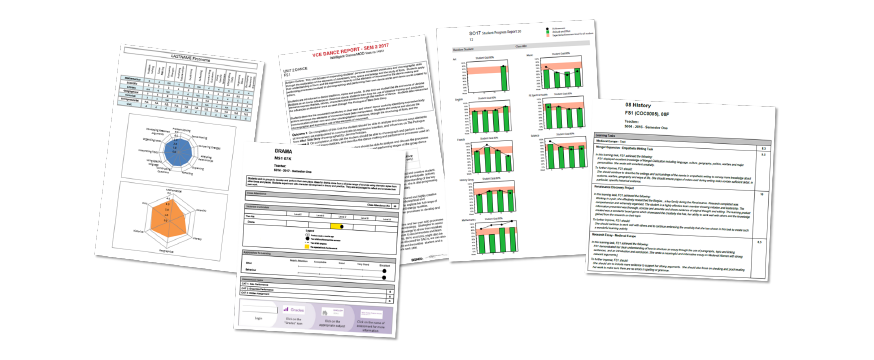Managing Longitudinal Research : an Account of the First Six Years of The Longitudinal Literacy and Numeracy Study
Publication Date
12-2004
Abstract
The ACER Longitudinal Literacy and Numeracy Study (LLANS) was designed to follow the growth in literacy and numeracy of a single cohort of students across the years of primary school. The key research question in this seven-year longitudinal study is: 'What is the nature of literacy and numeracy development amongst Australian school children?' One way of responding to this question is to develop scales describing growth in literacy and numeracy. As a national longitudinal study, the LLANS has created an opportunity to develop achievement scales describing growth in literacy and numeracy from the very first year of schooling. The LLANS is underpinned by the concept of developmental assessment. Developmental assessment makes it possible to obtain an estimate of a student's current location on a progress map as a guide to the kinds of learning experiences likely to be most useful at that stage in the student's learning and as a basis for monitoring growth over time. Empirically derived scales, or progress maps, showing typical progression of development in an area of learning can provide a framework for reporting repeated measures of achievement for the same students, thus showing growth over time. When students' achievements are located on the scales, the information can be used in a variety of ways. An individual student's growth over time can be described. The progress of groups of students can be compared over time. The relative achievement levels of particular cohorts of students can be identified at different stages or year levels of schooling. It is also possible to compare achievements in literacy and numeracy for the same cohort of students. The LLANS scales provide progress maps for literacy and numeracy. Using Rasch measurement, the data from the series of LLANS assessments of the same national cohort of students has been used to construct scales showing growth in literacy and numeracy.
Recommended Citation
Meiers, M. (2004). Managing Longitudinal Research : an Account of the First Six Years of The Longitudinal Literacy and Numeracy Study. https://research.acer.edu.au/monitoring_learning/8
Paper



Comments
In 'AARE 2004 Conference Papers' [computer file] : [Conference of the Australian Association for Research in Education, 28 November - 2 December 2004] compiled by P L Jeffrey. Melbourne : Australian Association for Research in Education